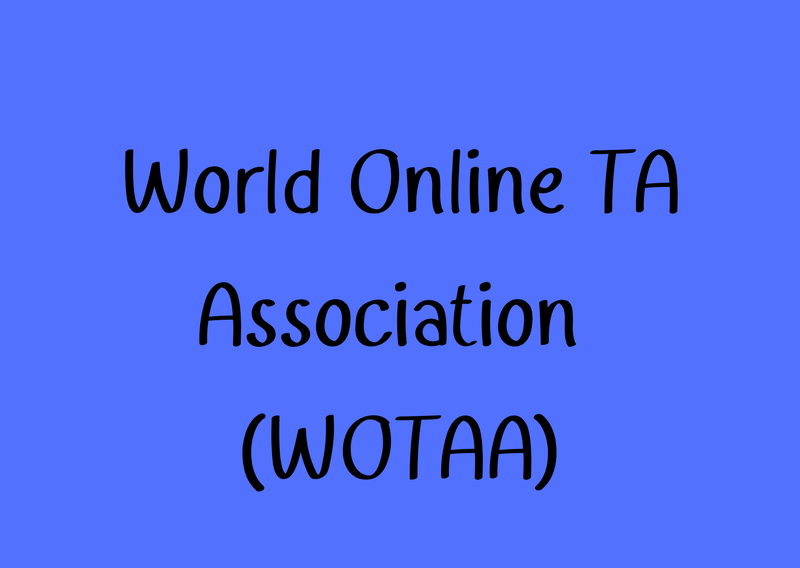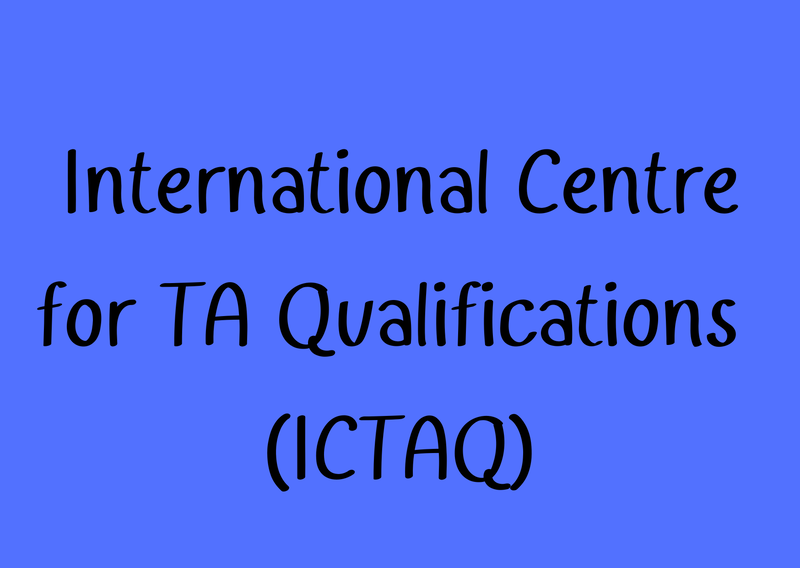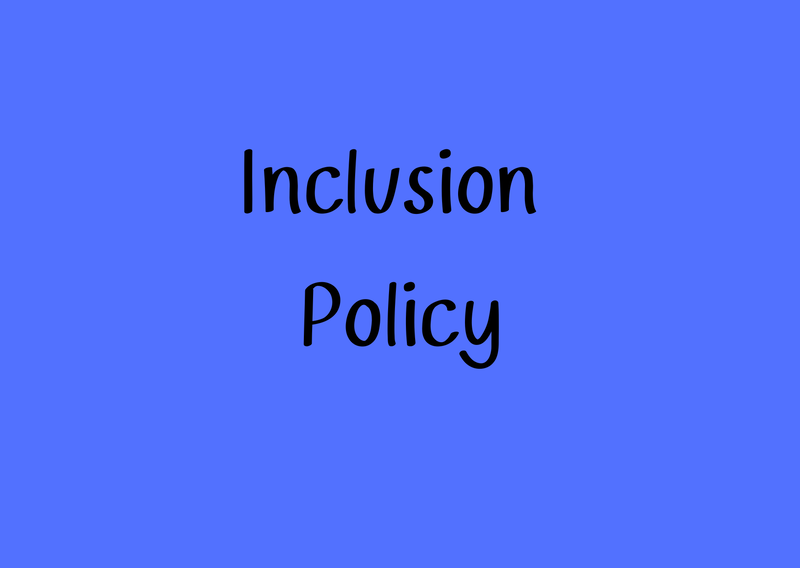Work-based learning
Both the Certificate and Diploma in TA allow a specialism (such as coaching) as an optional extra.
The Certificate represents 25% of the requirements set for the international TA qualifications (Certified Transactional Analyst).
The Certificate and Diploma route is a particularly supportive path towards the Certified Transactional Analyst exams. They can also form the basis for the MSc Professional Development (more information here). They are intended for those already in practice or about to start as helping professionals, who wish to make TA a major element of their professional approach.
Candidates are expected to attend training and supervision with internationally-accredited TA trainer/supervisors and to produce evidence of their competent application of TA. Candidates will be applying TA in their work for at least 100 hours and will attend at least 75 hours of TA webinars or workshops, receive at least 10 hours of professional supervision, and submit evidence of their work in the form of 4 portfolios. This is anticipated to take about a year for each level, although students can spread training and application over a longer period. See www.icdta.net/awards--qualifications.
Attainment of the Certificate allows the candidate to refer to themselves as TA Practitioner, while the Diploma equates to TA Advanced Practitioner.
The Certificate represents 25% of the requirements set for the international TA qualifications (Certified Transactional Analyst).
The Certificate and Diploma route is a particularly supportive path towards the Certified Transactional Analyst exams. They can also form the basis for the MSc Professional Development (more information here). They are intended for those already in practice or about to start as helping professionals, who wish to make TA a major element of their professional approach.
Candidates are expected to attend training and supervision with internationally-accredited TA trainer/supervisors and to produce evidence of their competent application of TA. Candidates will be applying TA in their work for at least 100 hours and will attend at least 75 hours of TA webinars or workshops, receive at least 10 hours of professional supervision, and submit evidence of their work in the form of 4 portfolios. This is anticipated to take about a year for each level, although students can spread training and application over a longer period. See www.icdta.net/awards--qualifications.
Attainment of the Certificate allows the candidate to refer to themselves as TA Practitioner, while the Diploma equates to TA Advanced Practitioner.
Certificate Modules
Core themes |
Overview of TA, covering full range of topics and how they interlink, underlying philosophy, history and development of TA (concepts and associations), significant developments, fields of application, ethics and professional practice guidelines – core module to ensure students can discuss TA with other professionals, determine appropriate concepts for specific contexts and situations, and work within ethical and professional boundaries.
|
Professional Intervention
|
In-depth coverage of key TA concepts of contracting (n.b. no contract means unprofessional application of TA), multi-party contracting, levels of contracting, significance of psychological processes and need for clear boundaries, ethics and professional practice statements issued by professional associations in UK, Europe and worldwide – mandatory module to ensure students will apply TA professionally and ethically.
|
Individual Development |
Focus on aspects of TA which describe and explain the ways in which individuals develop, impact of childhood experiences on later life, stages of development and how these continue throughout life, the components of lifescripts, and the significance of internal psychological processes – optional module intended to equip students with sufficient theoretical knowledge and process skills for working with individuals to bring about personal and professional change and growth.
|
Interactions and Relationships |
Focus on aspects of TA which describe and explain how individuals transact with each other, how relationships are formed, factors which determine whether interactions are successful or not, elements of creating effective longer-term relationships, communication and mis-communication - optional module intended to equip students with sufficient theoretical knowledge and process skills for working with individuals, pairs and teams to bring about improved relationships and resolve conflicts.
|
Group Process |
Focus on aspects of TA which describe and explain how groups function, the stages of group development and the individual needs these stages represent, group processes and why some groups function better than others, the nature of teamwork, leadership and followership - optional module intended to equip students with sufficient theoretical knowledge and process skills for working with groups and teams to bring about healthy functioning, operational effectiveness and maximum learning.
|
Organisations
|
Focus on aspects of TA which describe and explain how organisations/institutions function, models for analysing organisational structures, processes and cultures, the impact of organisations on individuals, typical organisational issues and how these affect employees, customers, consumers, patients, pupils, etc - optional module intended to equip students with sufficient theoretical knowledge and process skills for working with organisations/institutions to help all involved to better understand the dynamics and to create healthy organisational cultures.
|
Learning Journal
|
Reflective journal over 8 months capturing personal and professional learning experiences from all sources. This is a mandatory assignment.
|





